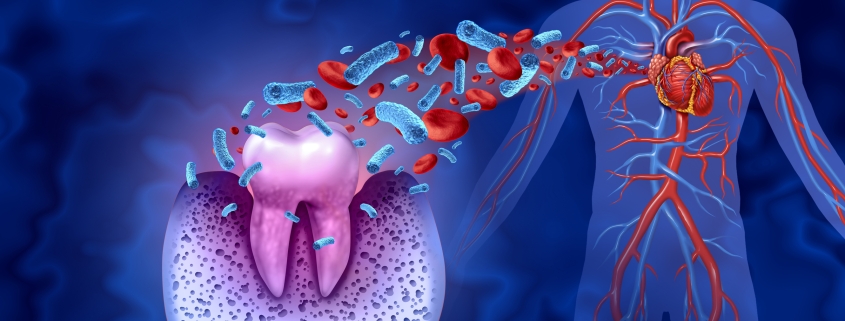Teeth and dangerous diseases
Tooth loss is associated with an increased risk of developing diabetes. This condition is caused by inflammation in the bloodstream.
The relationship between “teeth” and dangerous diseases
When you think about dentistry, pulling or filling a tooth probably comes to mind. But ignoring oral health in the long run can cause problems beyond tooth decay.
Apart from gum disease and even oral cancer, there are other health problems that may be due to poor oral health, damaged teeth or tooth gaps. Here are some of the most important ones.
Weight gain or obesity
Damaged, painful, or hollow teeth can mean improper chewing of food or limiting the amount of food you eat. In most adults with 32 teeth, if you have 21 teeth or less, you are at greater risk for obesity due to the inability to properly chew meals.
The tendency of people to consume foods that are easier to chew and are usually unhealthy and high in fat options, such as fast foods, is another part of the problem. Also, chewing nutritious, high-fiber foods, such as apples, will not be easy when your teeth are not doing their job well.
Increased risk for diabetes
Tooth loss is associated with an increased risk of developing diabetes. This condition is caused by inflammation in the bloodstream. Diabetes is caused by the body’s inability to regulate blood sugar, which can lead to more serious health problems.
When you have diabetes, you are more likely to have more serious oral problems. Higher blood sugar levels can lead to tooth decay, gum disease and other oral diseases.
More likely to have heart disease
It may not be believable, but the health of your teeth and heart are intertwined. According to the American Dental Association, some studies have shown an association between poor oral health and poor heart health, although the exact causes are still unclear.
Although the reasons are not clear, you should consider the health of your teeth and gums as a gateway to other diseases, including those that affect the heart.
Risk of low birth weight
If you are a pregnant woman, poor oral health or gum disease can affect not only yourself but also the next generation.
Some studies have shown an association between poor oral health with preterm birth as well as low birth weight. Such babies are at higher risk for infections, abnormalities and even death.
Weakening of bones
Osteoporosis is a serious condition that causes bones to become brittle and increases the risk of serious injury from falling or even doing daily activities.
According to the Mayo Clinic, there may be a link between osteoporosis, which affects the whole body, and tooth loss, and periodontal bone, which supports teeth. Some studies have shown that people who lose their teeth and experience periodontal bone weakness also show signs of skeletal weakness in other parts of the body.
Possible respiratory complications
Some respiratory problems can be linked to gum disease. Gum disease causes harmful bacteria to accumulate in the mouth. These bacteria can travel from the mouth to the lungs, which is bad news for sick lungs as well as healthy lungs.
Respiratory problems due to poor oral hygiene affect the elderly in particular, but this does not mean that people of other ages are immune. If left untreated, gum disease at any age can be problematic. If you have recently had trouble breathing, see your dentist after consulting your doctor.
Increased risk of dementia
Failure to take care of your oral health can have a negative effect on your mental health. Maintaining oral health helps prevent the effects of dementia, which can lead to confusion and memory loss. Maintaining oral health becomes more difficult for people with these conditions.
Also, a study conducted at Lancashire University showed the presence of gum disease bacteria in patient’s brains. In this study of 20 participants, 10 of whom had dementia, a specific type of bacterium called Porphyromonas gingivalis was observed in the brain in almost half of the patients.

